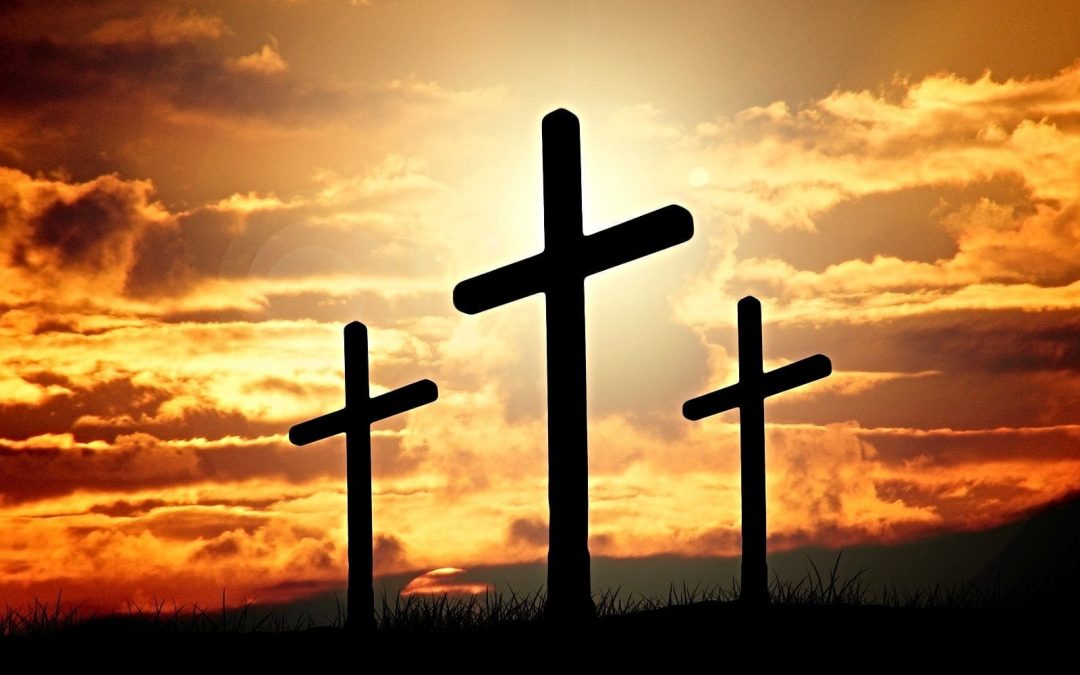Regarding the ethics of preaching, the irascible Baptist, Will D. Campbell (1924-2013), once opined, “What you say up there in the pulpit, that’s probably the poorest way to communicate with a congregation.”
Frustrated by the futility of preaching racial reconciliation in the Deep South in the 1950s, he concluded, “The only way you teach anybody is precept and example.”
Contrary to his grousing about preaching’s effectiveness, people clearly recognized the ethical implications of Campbell’s sermons.
How many preachers do you know whose Christian witness has incited riots or gotten them chased to a state line by shotgun-wielding racists?
U.S. history books are not crowded with accounts of southern whites hunting other whites all the way to the border. It must have been something Campbell said.
We all could learn a thing or two about ethical proclamation from this prickly, flask-swilling prophet – this “Bootleg Preacher,” as Campbell dubbed himself.
A more fitting designation for Will Campbell might be Backward Preacher, for his words worked their way back from the concluding chapter of creation’s redemption.
More than anything else, it was a comprehensive, eschatological vision that informed his ministry of reconciliation and shaped his iconoclastic persona.
The character of his witness – his ethic – was subservient to the New Testament’s vision of new creation in Jesus Christ.
Campbell saw the reign of God coming. He saw the end of history inaugurated on the cross and preached “backward” from the vantage point of this ultimate vision.
One of Campbell’s favorite biblical passages, and perhaps the thesis statement of his life’s work, was 2 Corinthians 5:16-21.
From pulpits and street corners, in personal conversations and through his letters, essays and novels, Campbell boomed the text’s crescendo, “Be reconciled to God!” But he rarely did so in a moralistic way.
Campbell wasn’t asking us to try harder to be reconciled. Rather, he was telling us we already are reconciled.
As he once preached at a liturgical conference, “That is our holy call. Not to stage a revolution, but to be a revolution already staged.”
If we were to ask Campbell to tell us what ethical preaching should consist of today, he might say, “Nothing.”
This was his response to Riverside Church in 1984, when they asked him to preach on what to do about “race and racism in American culture.”
After suggesting they deconstruct the towering, neo-Gothic sanctuary, sell it for parts and give the proceeds to the poor, he concluded, “That’s what we can do. Nothing. But be what we are by our nature already reconciled to God, and all his creatures, and unable to endure the indignities and injustices that are heaped upon them.”
When you invite the Bootleg Preacher, you might not get the ethics you want.
If Campbell were alive today, he’d still be preaching and writing and putting around Gass’ Store in Mount Juliet, Tennessee.
He’d be warning us that all institutions, including the church, as well as all ideologies, movements and causes are corrupt and not to be trusted.
He’d also be hobnobbing with Black Lives Matter and Trump followers, loving them, endearing himself to them and leaving many of them confused, frustrated or irate.
He’d be appalled by Trump. And he’d appall the rest of us by saying Christ also died for him.
If he ever showed up at your church, he probably wouldn’t compliment the sermon.
He once told Will Willimon, after hearing him preach in Duke Chapel, “Jesus has come a long way since Bethlehem.”
He’d tell preachers today to “watch your verbs.” For Campbell did not season his sermons with phrases like “we must,” “we have to” and “we ought to,” but with “God already has.”
Are you preaching this Sunday? Watch your verbs. If anyone asks, “I don’t get it, preacher. What, exactly, do you want us to do?” Just say, “Nothing.”
In Campbell’s homiletic imagination, there was no improving on the ultimate consequences of God’s raising Jesus Christ from the dead.
We all have been acquitted by resurrection. God’s reconciling us on the cross has revealed, once and for all, the sacred worth of every person, and humanity’s final destiny in God.
When Paul tells the Corinthians, “from now on, we regard no one from a human point of view” (2 Corinthians 5:16), Campbell says it means both the civil rights activist and the Ku Kluxer bear the image of God.
“If you love one, you gotta love ’em all.” That may sound backward – even unethical – to some, but that was the scandalous message Campbell proclaimed from housetops and bar tops.
To be clear, Campbell was not a stumbling, backward preacher, but a stumbling-backward preacher.
He never stopped reeling in awe of the end of history, which he saw summed up in the life, death and resurrection of Jesus Christ. His astonishment by the gospel defined his ethic and his homiletic.
So, if we want to preach as ethically as Campbell, first go where he went. Go to dark Gethsemane. Turn our eyes upon Jesus. Peer into the tomb when the stone is rolled away. And stagger backward in terror and amazement.
Then and only then can we learn to proclaim as Campbell did, “The revolution is accomplished. It is over. It is finished. The truce was signed on a jagged tree. O when will we ever learn?”
Editor’s note: This article is part of a series this week focused on Christian ethics education. The previous articles are:
Why Your Congregation Needs Christian Ethics Education | Bill Tillman
Why the Church Must Recover the Gospel’s Political Claims | Curtis Ramsey-Lucas
Why Biblical Ethics Isn’t as Easy as Choosing Proof Texts | Myles Werntz
How Your Church Can Learn to Discuss Politicized Moral Issues | Libby Grammer
So You’re ‘Not Racist’? Here’s Why That’s Not Good Enough | Michael Cheuk
Why Do Church Members Need Education on Social Ethics? | Bill Pitts


